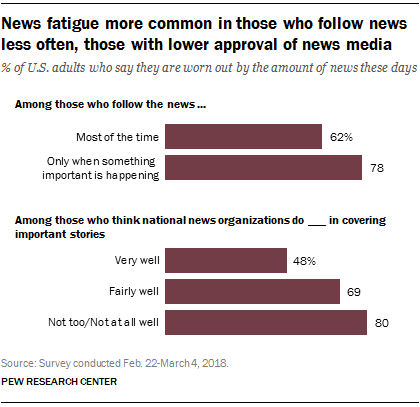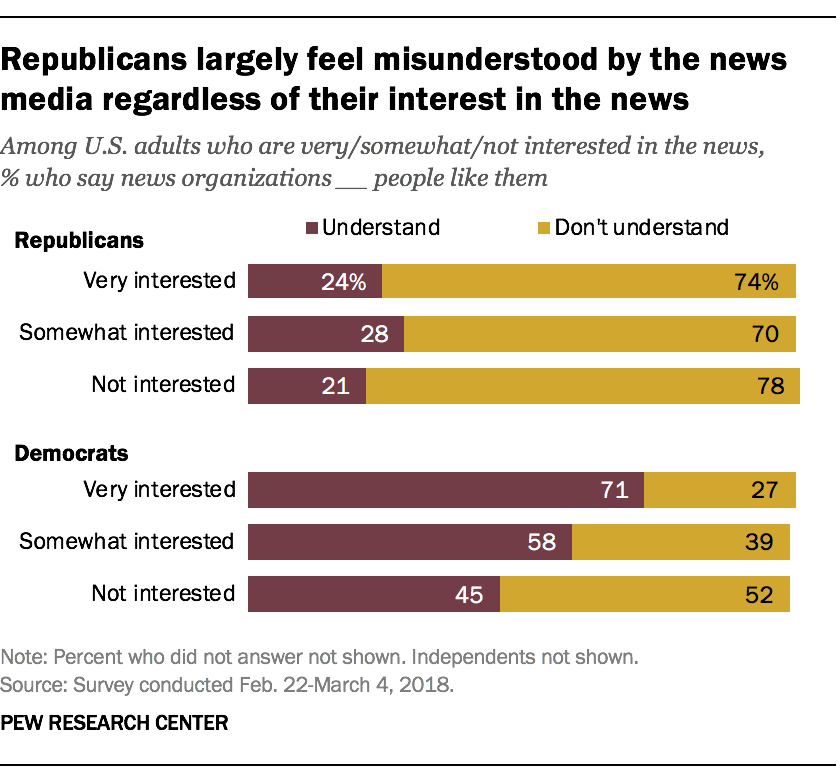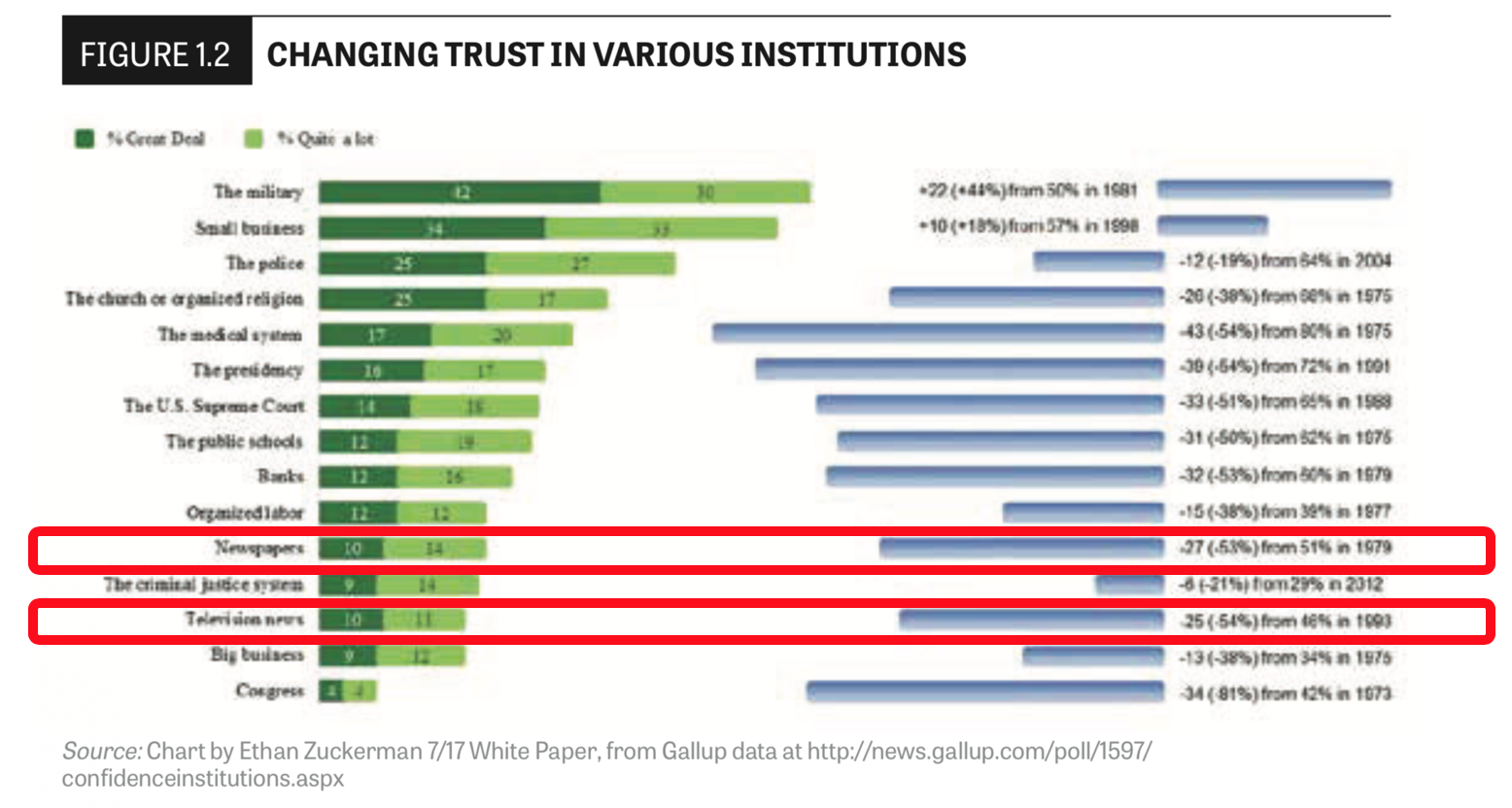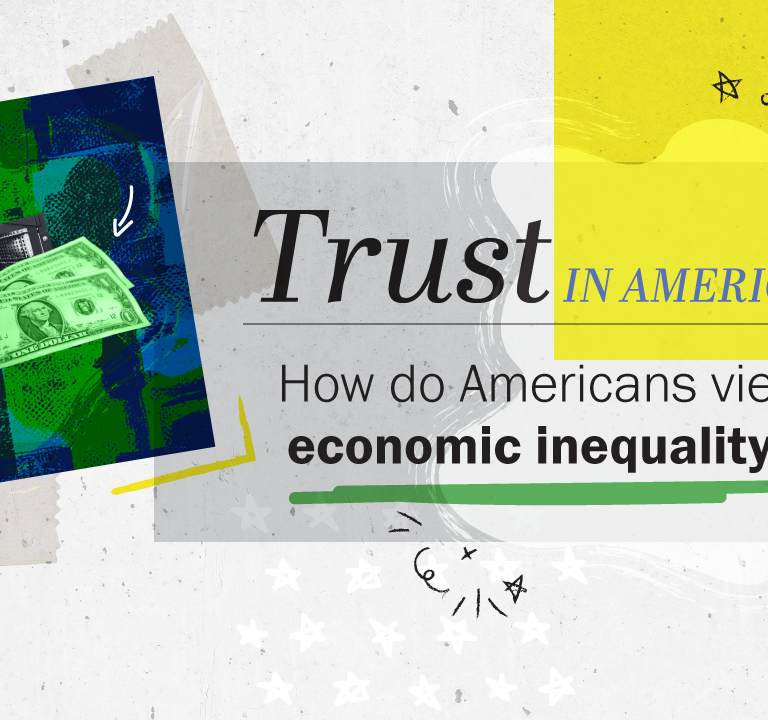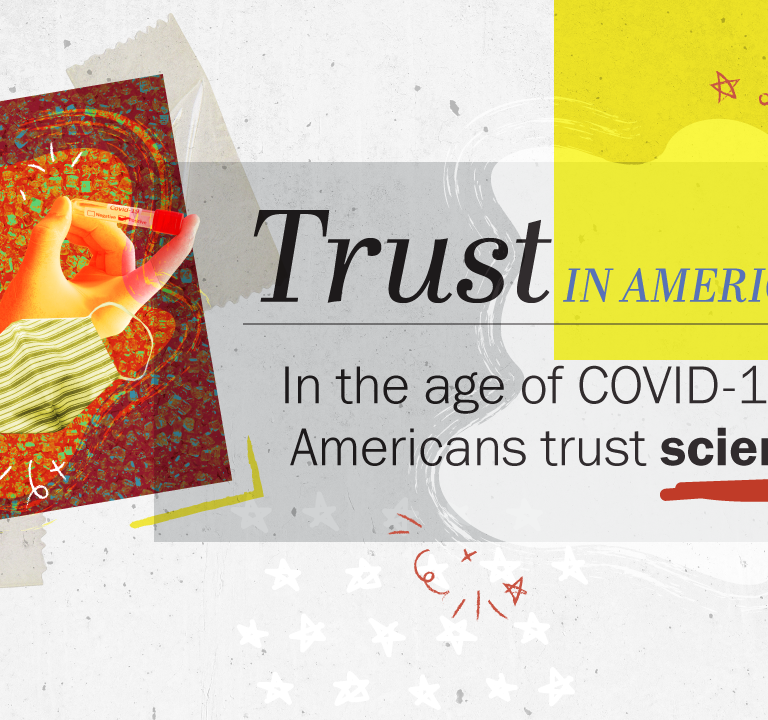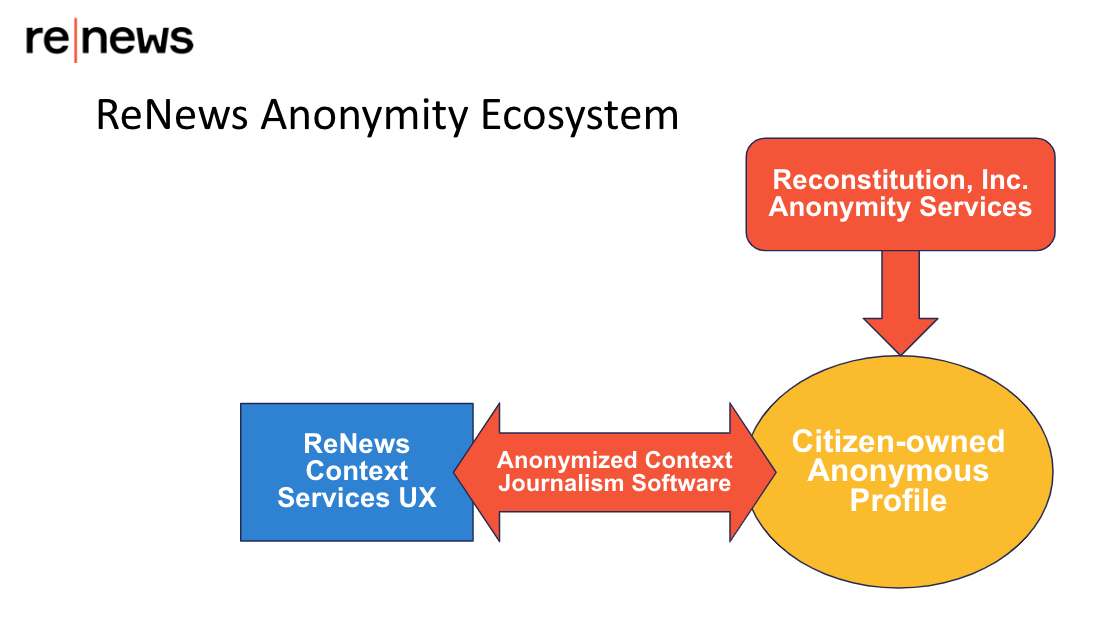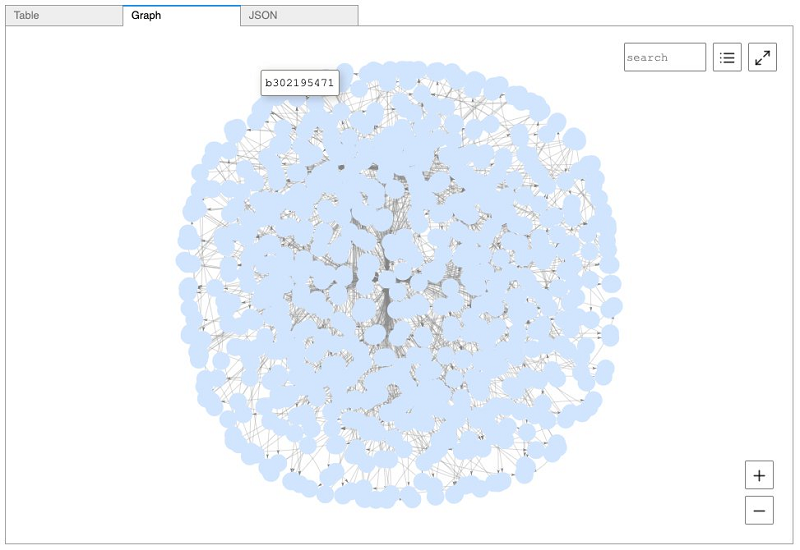There is a long standing business school argument that a ‘perfect market’ or perfectly competitive economic system can be trusted to always make the correct allocation of society’s resources.
But the discussion rarely gets to questions like ‘correct based on what objective? Equity? Merit? Privilege? Race? Gender? Age? Geography?’ A marketplace which favors any one of these dimensions can never be justified morally, measured accurately, or protected against self-serving corruption.
Public policy regarding allocation of resources is usually positioned as being about fairness for society vs. freedom for the individual. If an individual is able to play within the established legal and regulatory system and create unprecedented personal wealth, does that mean it should entirely belong to them? A long history of tax policy affirms society’s commitment to some level of collective responsibility. The only question is ‘what should be the formula?’
Perhaps it should be guided by the words of Patagonia founder Yvon Chouinard, “every billionaire is a failure of policy.”
The ideal of a merit-based economic system may have been expressed most compellingly for Citizen consumption in the 20th century in Ayn Rand’s Atlas Shrugged, but that novel also shed transparency into what she idolized as merit – creative inspiration.
What is Inspiration?
The word “inspiration” means ‘to breath into.’ Humanity has clearly understood and documented in its very vocabulary the assumption that many, if not all, creative insights come from a source outside the individual.
Some think of religion. Others visualize the influence of a demi-god muse as being the source of creativity. In another vein, the term ingenious refers to ‘natural capacity.’ Is the natural capacity of a member of our species to receive the vast majority of the benefits of our natural capacity? Every other species in nature demonstrates otherwise.
In all of these cases, and in centuries of memoire and literature great writers and scientists have expressed the belief they were a vehicle for some other creative source, more than taking credit as the sole creator themselves. This belief may be held by the majority of those we call creative.
The very nature of the concept of inspiration is embedded in human consciousness. Can we not, as humans, therefore accept this truth to be self-evident? Can we agree that inspiration which changes society for better or worse, does in some way belong to society?
Allocation of Inspiration
Can we better and more clearly define a range within which both the individual and society may benefit from inspiration? Is it the role of the individual in choosing to give away their wealth, as suggested by the Billionaire’s Giving Pledge? Or do Citizens need to take back responsibility for better defining and regulating the excess or insufficient allocation of wealth to find a fairer path forward?
History demonstrates that these decisions have been made again and again across societies. And yet the gap between extreme rich and extreme poor is approaching midieval levels..
The Case for Broader Sharing of Societal Innovation
The fruits of any single person’s inspiration are founded on their shared humanity, not their independence from society. Today’s innovations are built on the shoulders of giants of history. No single Citizen may claim ownership of that history. Why should they be able to claim exclusive ownership of what is, by definition, an incremental improvement?
Arguments for this position span domains, including:
- The use of prior innovations in the creation of new ones.
- The use of publicly funded infrastructure to make the operation of any innovation possble.
- The costs of unintended consequences are rarely, if ever, charged back to the creators and funders of innovations, and are usually borne by the broader population of less privileged members of society.
- The venture capital and private equity ecosystems value capital more than intellectual property or management effort, through egregious preferred stock terms usually unavailable to the common Citizen.
- The venture capital and private equity ecosystems have evolved legal and financial methods to extract controlling interest from those with the original inspiration, and equity participation from Citizen workers who deliver the innovation to customers.
What Do the Inspired Believe?
Those who have perceived a glimpse of the future usually refer to it as a gift granted by some undefined creative process which is as likely to have come from outside the self as being created from scratch by the individual’s sole efforts.
A foundational question for any democracy is the extent to which rewards should be exclusively granted to a limited few or more broadly. Society must also decide whether constraints on personal wealth will be voluntary or legislated.
Society’s laws and regulations are what determine the extent an individual may personally benefit from their own inspiration. To date, the laws of ‘developed’ countries have granted extensive ownership rights to individuals for their inspirations. Capitalism rewards those who have been blessed with inspiration (or financial control of inspiration) in several ways:
- 20-year patent rights,
- copyright for the life of the author plus an additional 70 years, and
- near-monopolistic corporate rights until legislation and regulation are able to catch up with new technology (now a nearly impossible feat).
Patagonia founder Yvon Chouinard said “Every billionaire is a failure of policy” and willed his company to benefit society and the environment in perpetuity. Chouinard voluntarily removed Patagonia from ever being sold in the venture capital and private equity ecosystem, but his company remains a for-profit benefit corporation for the sole benefit of society through the environment.
Time Out!
At this moment, in our period of history, the readers of this article will be about evenly divided in reacting either “Of course!” or ” Communism!” This is conditioning we have received through our divisive news and political advertising. Not to mention the far more influential social media.
Society has always decided how resources are allocated and that allocation has never been equitable in any economic system. Democracy, Communism and Fascism have all demonstrated a tendency to aggregate power and resources among a small minority, so it is difficult to judge between economic systems based on political systems.
Examples of Conscious Governance
Instead of accepting the conventional competitive positionings of economic and political systems as the only solution, Reconstitution creates demonstrations of alternative collaborative approaches. our frameworks are often focused on data transparency and application of the scientific method to identify the policy levers most likely to drive intended outcomes.
A number of countries including the US have measured their societal and public policy landscapes extensively and consistently for decades and even centuries, making academic study and experimentation possible.
By applying analytics and policy experimentation to this data a number of societal insights have become apparent, particularly in more progressive countries in Europe and Scandinavia. In these countries societal measures have emerged revealing effective levers to improve public policy outcomes in education, excesses of corporate profits and executive pay, trends in public health and many other ‘hard news’ topics important to the average Citizen.
We created ReNews because we believe this kind of trustworthy contextual information is important for Citizens to have close at hand when making important decisions about what to believe, and in choosing their positions on policies. ReNews is designed to put the right information in each Citizen’s hands at the moment it’s needed.
The magnified reach and availability of trustworthy information in each Citizen’s context will clarify Citizen best interests. This added clarity can only help to transform today’s political and economic competition into a more collaborative process of public policy development. With greater collaboration will come fewer unintended consequences, and overall better outcomes.
We propose this solution become a utility of the news industry. It will serve to enhance:
- the news consumption experience for Citizens,
- the news gathering experience for journalists, and
- the ability of non-profit and local news publishers to focus on the editorial product.
ReNews is a demonstration of the magnified transparency news media could provide to Citizens.
The ReNews Hypergraph Context Engine will allow ReNews to study the extent to which this greater Citizen transparency into societal analytics reinforces or undermines conventional US public policy approaches. Anonymous Citizen profiles will allow us to understand exactly which beliefs of specific segments of society are impacted.
By enacting policies to directly influence these societal metrics, these countries have begun to solve problems that seem intractable in countries like the US.
The format, depth and readership of US news coverage has fallen to the point that
whether inspirations come into being for the benefit of the individual, or if the individual is the medium through which an inspiration to one person for the benefit of society. Surely the medium deserves reward for nurturing themselves to a state in which they were prepared to receive inspiration. But do they deserve to wield, for all time, the benefits of “their” inspiration? Or is it their responsibility to pass the benefits of their inspiration on to society?
Reconstitution was founded as a demonstration of Citizens defining an alternative path forward independent of government legislation or regulation. Reconstitution has chosen to balance societal benefit and investor benefit in a way that is fully compliant with current law, but which challenges the conventional wisdom of our economic system.
We are not trying to make billionaires of a few of our investors or employees. We are not trying to run up an inflated valuation in order to sell and walk away from our responsibility.
And what is society’s duty to the inspired? Is it to stymie or harvest the benefits of that inspiration and leave the inspired as an empty husk, a head on a pike on the castle walls as a warning to those who might also dare to bring change to society? Or do we grant all benefit of inspiration to the medium, their associates and friends, leaving virtually nothing for broader society?
The Inquisition epitomized the former choice. Today, America’s version of democratic capitalism represents the latter.
There is another, perhaps middle, path. Society’s best interests may be to nurture the inspired and their methods so they may channel further inspiration. Perhaps society should support the medium in their specific field of inquiry.
Presenting them with immense wealth and infinite options to manipulate that wealth outside their field of expertise and inspiration has repeatedly resulted in behaviors and outcomes unconnected to inspiration, but grounded in the sins and omissions of humanity’s weaknesses.
The force most responsible for contaminating the ‘perfection’ of markets is corruption, whether in industry or government. There is plenty of both to go around in the American version of democratic capitalism, and all other versions in practice today. Therefore the desired perfection of markets can never be perfect. Therefore capitalism cannot be trusted to function ideally without guidance – regulation. Regulation of a competitive economic system does not equate to a non-competitive non-merit-based communist system.
Where does that leave our democracy? With an existential need for effective legal and regulatory design and enforcement.
Reconstitution believes the critical societal function of regulation can also be guided by inspiration.
There are those among us who have nurtured themselves to receive inspiration regarding process, analytics, and unintended consequences. Some of these people are able to anticipate outcomes many generations in the future.
Society needs to nurture those mediums of regulatory inspiration as much as it celebrates those who innovate the ungoverned technologies which run rampant across society in their early boom days.
Society’s need is for a conscious balance between these opposing forces. Instead of allowing speculative technologies like non-asset-backed currencies, trademark- and patent-violating generative technologies, and privacy-corrupt merchandising of Citizen identity which bring wealth to an influential few, and eventually extract wealth from the majority who have little comparative transparency or insight into the future of these innovations once the boom is over.
Policy-Driven Experience of News
ReNews’




